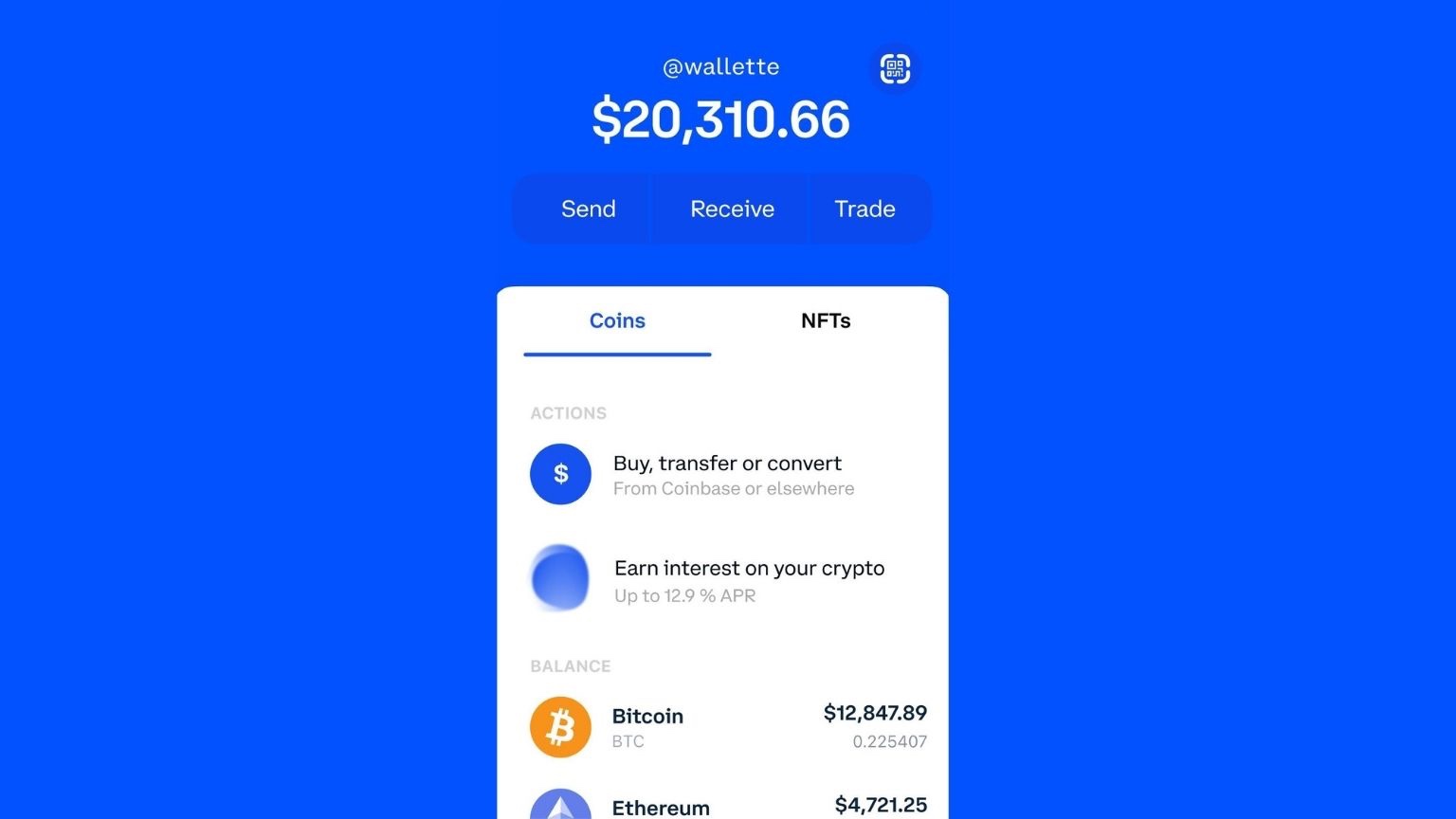The Freedom Convoy protests in Canada earlier this year, where protesters had their bank accounts frozen at the behest of Prime Minister Justin Trudeau, brought the idea of sending cryptocurrencies to private wallets into the mainstream news, as civil liberties supporters were able to use crypto to get funds to the protesters on the front lines.
Related: ? An introduction to decentralized finance
But now, governments all around the world are trying to curb the use of private wallets that aren’t controlled by a central provider and it could threaten the free exchange of currency.
Coinbase customers in the Netherlands will soon be required to provide additional know-your-customer (KYC) details when transferring crypto assets out of the exchange. The change is in compliance with local regulations.
From June 27, Coinbase users in the Netherlands who want to transfer crypto out of the exchange will have to provide the recipient’s full name and home address, and explain the purpose of the transfer. In some situations, users will be required to link their Coinbase wallet to their Coinbase account so that the exchange can verify that they own the wallet the crypto assets are going to.
Coinbase said the changes are “required by local regulations.” The Financial Action Task Force has a travel rule that requires providers of crypto services to exchange the personal information of senders and receivers, an effort to combat money laundering and fraud. However, the travel rule is not enforced in the Netherlands, so it’s not clear why Coinbase is enforcing it.
Coinbase might be enforcing the travel rule in an attempt to “pre-empt the possibility of regulatory action.”













